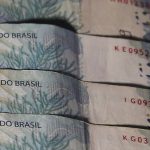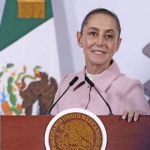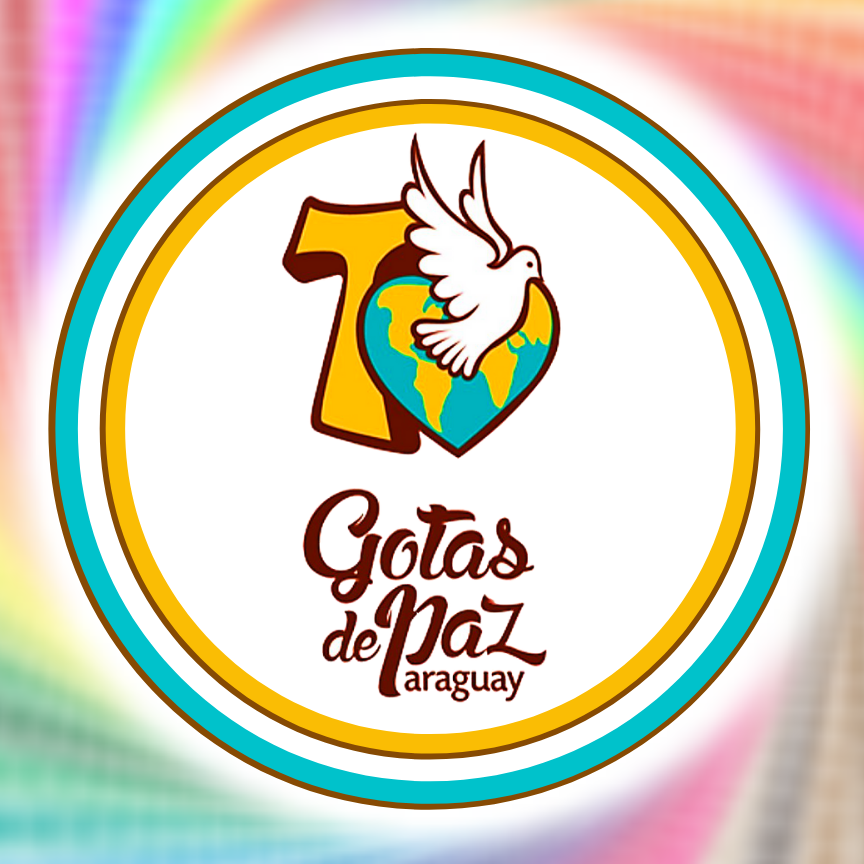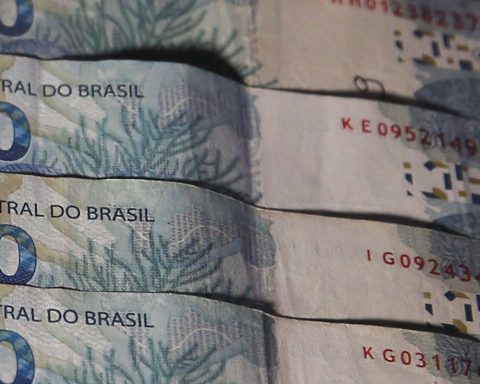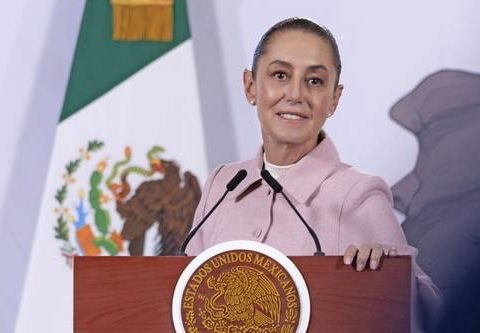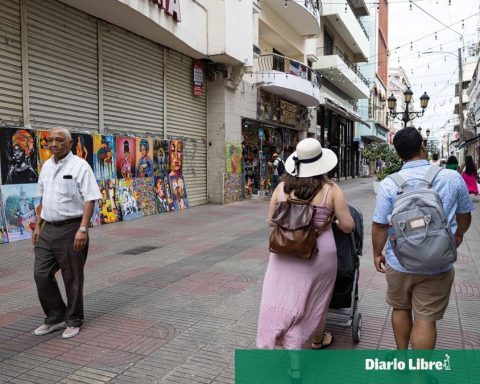The Ortega guillotine canceled the operation registry of 287 Non-Profit Organizations (NPOs) of foreign origin in the last 14 months. These NGOs were mostly dedicated to issues of development, health, education, religion and social progress, reveals an analysis of data from CONFIDENTIAL.
Organisms removed they originated from 34 countries on all continents. However, 41% of these were from the United States. The cancellation decrees published in La Gaceta-Official Gazette, reveal that 35 of these canceled NGOs had between 21 and 40 years of operating in Nicaragua, 63 had between 11 and 20 years and 20 less than ten.
The cancellations of operating records were carried out by the general director of the general directorate of NPO registration and control, Franya Urey Blandón, through administrative resolutions published in La Gaceta. Of the total number of foreign NGOs eliminated, 90% of these were canceled between June and October 2022.
The month with the most cancellations
October has been the month in which the Daniel Ortega regime has made the most cancellations of operation records. The last batch occurred this Thursday, October 27, 2022, when Urey Blandón ordered the closure of 67 foreign NPOs and 33 national NGOs for allegedly failing to comply with their obligations.
He accuses these of not providing details of their donations, with origin and final beneficiary. Also, for not revealing the identity with names, passports, exact address and telephone number of their donors.
In total, the Daniel Ortega regime canceled the operation registry -in the case of foreign NPOs- and the legal status -of national ones- of 2,581 NGOs between November 2018 and October 2022. 97.3% of these were eliminated during this year.
It is estimated that with the closure of these spaces, more than a million Nicaraguans who benefited from the programs will be affected, another two thousand will lose their jobs and the losses due to the closure of the NGOs could exceed 200 million dollars a year, according to Inter-American Dialogue calculations.
The foreign NGOs
Among the organizations of American origin, the following stand out: the National Democratic Institute for International Affairs, which worked on democracy issues, Fabretto Children’s Foundation on education issues, Project Chacocente on social development, Granada Street Kids on education, The Sunrise Foundation on humanitarian aid, Green Clinic in health issues and various religious organizations such as: International Christian Alliance Corporation, Nicaraguan Christian Relief Ministries, among others.
Spain is the second country that had more NPOs in Nicaragua that were canceled through decrees of the Ministry of the Interior (Migob). The most prominent are the OXFAM Intermón Foundation, the Peace and Third World Association, the Greenworld Environmental Association, the Pan de Vida Association for Nicaragua, the Mundubat-Mundubat Fundazioa Foundation, among others.
The other three countries that had the most NGOs in Nicaragua are Italy (23), Germany (14) and Costa Rica (10). These include the Italian Association for Solidarity among Peoples, the International Christian Service for Peace, the Water for the World Foundation, the Rosa de Saron Christian Mission, and the Foundation for Nicaraguan Refugees and Exiles.
On the list there are eight NGOs that originated in France, seven in Canada, six in the Netherlands, six in Belgium, five in Panama, five in England, Honduras, Denmark and Austria. Four in Sweden and Norway, three in Venezuela, Switzerland and two in the United Kingdom, Puerto Rico, Mexico and Guatemala.
Twelve more were from Peru, Luxembourg, Ireland, Slovakia, El Salvador, Colombia, China, Chile, Belize, Argentina and Afghanistan.
These NGOs 47 were dedicated to development issues, 22 had a religious focus, these include evangelical churches; 19 focused on health, 18 social development, ten cooperation such as the Catalan Association of professionals for cooperation with Nicaragua from Spain and the Friendship between Cities Frankfurt-Granada from Germany.
Nine of the canceled NPOs were educational, six had a focus on the environment, six on humanitarian aid, five universities, three on international solidarity, two on refugees and exiles, human rights.
Violation of freedom of association denounced before the IACHR
This week 18 human rights organizations reported to the Inter-American Commission on Human Rights (IACHR) the situation of violation of freedom of association and human rights in Nicaragua. As stated, of the more than 2,500 organizations eliminated by the regime, including nationals and foreigners, at least 43 were raided and their assets expropriated.
“Both the Commission and its special rapporteurs expressed that the serious situation in the country is a priority for them, pointing out that these human rights violations deserve the maximum sentence; It was also reiterated that the country is experiencing a “terror regime” that prevents its citizens from organizing to defend their rights,” they explained in a press release.
The organizations that participated in this lawsuit are: the Nicaraguan Center for Human Rights (Cenidh), the Center for Legal Assistance for Indigenous Peoples (Calpi), the Center for Information and Health Advisory Services (Cisas), the Center for Studies and Social Promotion (CEPS). ), the Nicaraguan Human Rights Collective Never Again, the Center for Justice and International Law (Cejil) and the Coordinator for Children and Adolescents (Codeni).
Likewise, the Forum for Education and Human Development (Fedh-Ipn), the Foundation for the Conservation and Development of Southeast Nicaragua (Fundación del Río), Let’s Make Democracy (Hademos), the Institute of Leadership of the Segovias (ILLS), Institute for Development and Democracy (Ipade), International Institute on Race, Equality and Human Rights (Race and Equality), Mesoamerican Initiative of Women Human Rights Defenders (IM-Defensoras), Nicaraguan Federation for Democracy and Local Development ( Local Network), Foundation for the Promotion and Municipal Development Popol Na (Popol Na), Autonomous Women’s Movement (MAM) and the Nicaraguan Society of General Medicine (Sonimeg).






